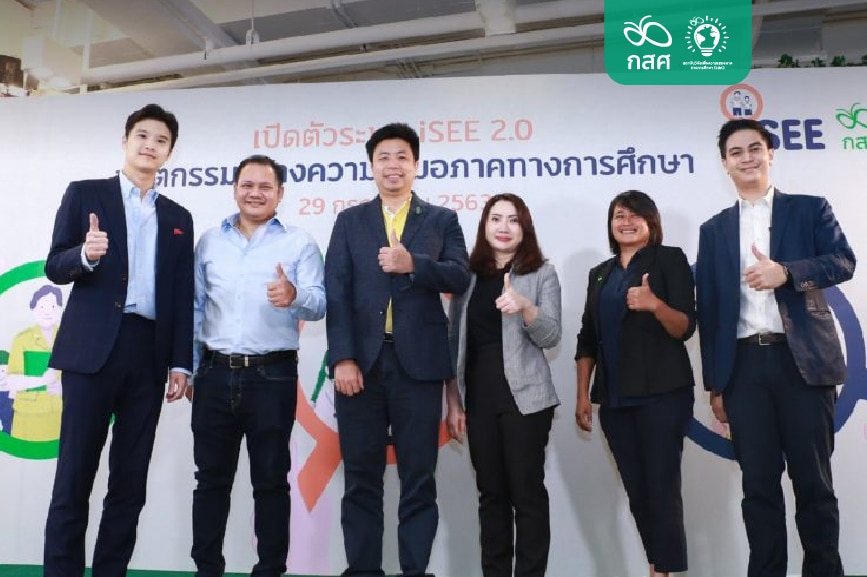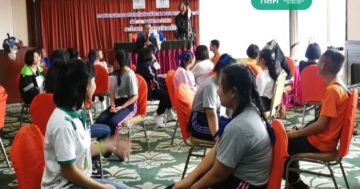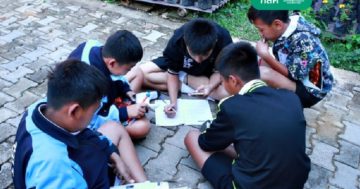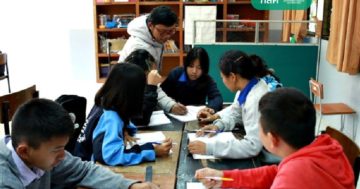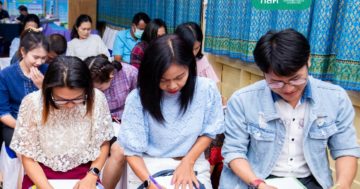The target group covers more than 4 million people in all areas across Thailand, which are disadvantaged, underprivileged or needy children and youth both in and outside the education system. This iSEE system will assist the work of educational institutions and more than 400,000 teachers nationwide to support the work for ‘ Equitable Education Research Institute (EEFI)’. This tool can continuously monitor the results of the individual student’s money allocation until they have completed 15 years of basic education. It is a period to create equality for efficiency and real concrete results. It is designed to be easy to use, able to work via smartphone, tablet and supported on all computers. The data collection will be done without using paper at all (Paperless).
The ‘iSEE’ will be developed by 2022 when the system is completed. Data of over 4 million children, adolescents and youth who lack financial stability are linked via a 13-digit number of children and families, which will be linked to a large government database and related to six ministries. It contains important information such as parents’ income, household status, images of household conditions, health information for children, educational needs, the aid and so on. It involves the creation of Big DATA which is very useful in reducing disparities in education in Thailand.
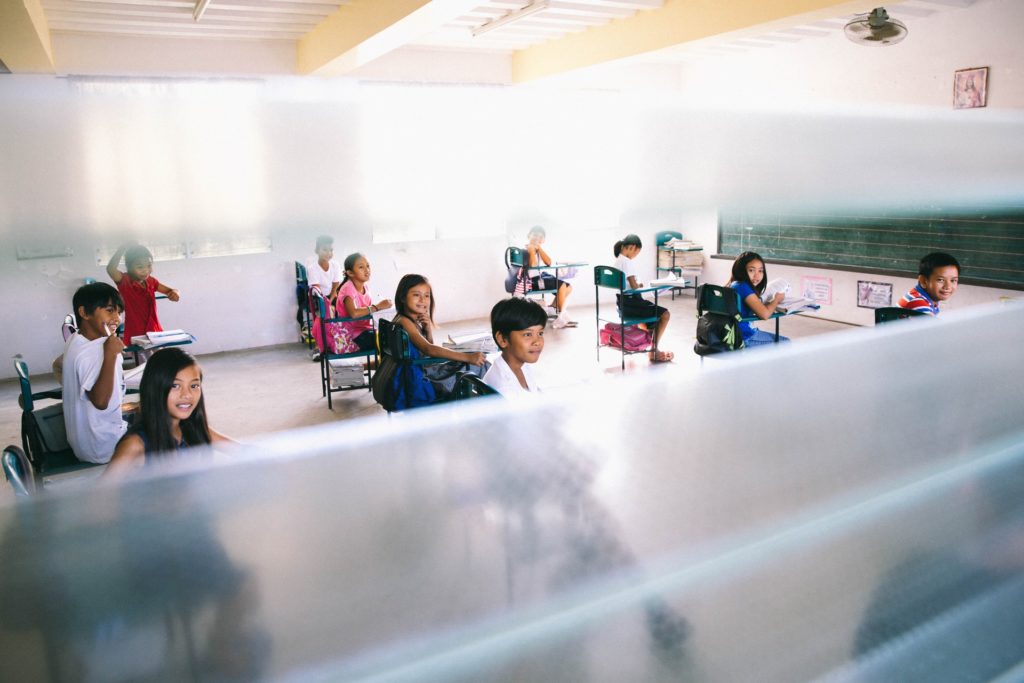
670,000 people refer to the average number per year that groups of students from low-income families tend to drop out of school or fall out of the education system. Looking at the data from the National Education Expenses in a school, students from low-income families can earn an average of less than 3,000 baht per month or less than 30,600 per year.
Tuition fees account for 22% of household income, which is a burden that is more than 4 times for these families. Therefore, they choose to leave the school instead of continuing to study.
When the educational inequality in Thailand is still a problem that cannot be helped directly, in the past, Thailand has allocated funds for poor and needy students in educational institutions under the Office of the Basic Education Commission Of Thailand (OBEC) and Department of local administration (DLA). In the fact, each student has different ‘problems’ and ‘needs’.
Therefore, Equitable Education Fund (EEF), OBEC, Thammasat University and Naresuan University conduct a joint research in order to ‘improve’ the budget allocation to meet the needs of the ‘student’ individually and relieve the burden of non-qualified education expenses. The first step in schools affiliated with the Office of Basic Education Commission of Thailand (OBEC) is to reduce disparities for the poorest students in the education system.

